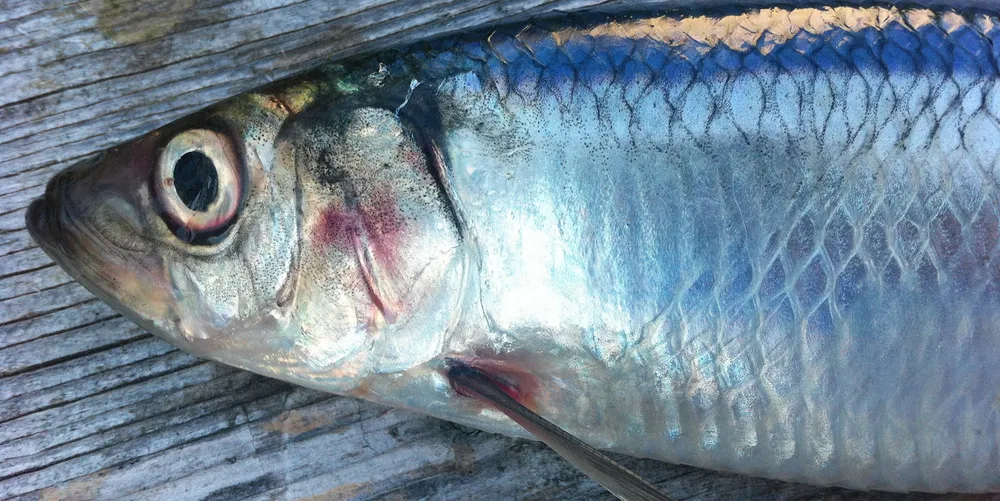The blue whiting and herring fisheries didn't have to lose their MSC certification. Here's what should happen next.
The fishing industry did its part. Now it's up to politicians and government.

The fishing industry did its part. Now it's up to politicians and government.
